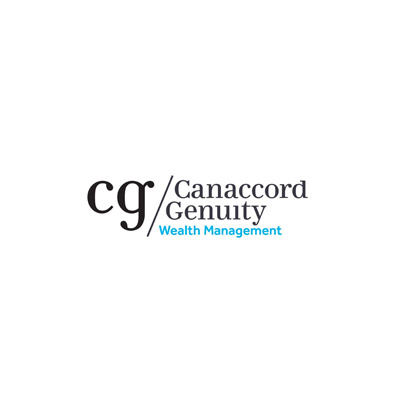The United Nations’ Sustainable Development Goals (SDGs) are not in line to hit its 2030 targets as investors question how they can align with the framework.
According to the Sustainable Development Report 2023, as we reach the mid-point of the 2030 agenda, the SDGs remain “seriously off track” in achieving the 17 goals.
In the seven years since the targets launched, the global SDG index – which tracks the progress towards the goals – rose from 64% to 67% at the end of 2022, with not a single SDG projected to be met at a global level. An estimated $4trn investment is needed every year to hit the targets.
While some progress was made between 2015 and 2019, the outbreak of the pandemic in 2020 saw progress toward the goals stall globally, the report found, with failings across the board.
It found governments have “fallen short” in integrating the SDGs into national policies and public investments while societal polarisation, populism and geopolitical conflict are hindering the global cooperation needed to hit the targets.
Meanwhile, political tensions are limiting the progress of academic institutions to find solutions while financial architecture is failing to channel capital into SDG investments.
Europe has arguably done the most – from a financial reporting perspective at least – to boost its alignment with the SDGs. The introduction of the EU Taxonomy and the Corporate Sustainability Reporting Directive (CSRD) are two such policy measures.
However, even here the policies appear unable to have much impact.
A study looking at the SDG alignment of the Stoxx 600 – Europe’s flagship equity index and a leader in sustainability disclosures – found that just 4% of its combined revenue had a positive contribution to the SDGs, according to Impak Analytics, despite leading in sustainability disclosures.
Can investors align their portfolios?
In recent months, several new ETFs have emerged that allow investors to target the specific SDGs where they would like to have an impact.
In January, DWS launched a seven-strong range of thematic ETFs targeting the SDGs it believes “present a growth story”.
Franklin Templeton also unveiled two SDG-linked ETFs last month, the Franklin Future of Food UCITS ETF (FOFD) and the Franklin Future of Health and Wellness UCITS ETF (FOHW).
Other ETF issuers have also launched products tracking SDGs, albeit not so inextricably linked to the goals including the L&G Clean Water UCITS ETF (GLUG), the iShares Global Water UCITS ETF (IH20) and the BNP Paribas Easy ECPI Circular Economy Leaders UCITS ETF (REUSE).
A survey of 50 professional investors by ETF Stream in partnership with Global X shows that investors consider SDGs important, with 60% of respondents either “extensively” or “partially” integrating the SDGs into their portfolios.
Despite this, DWS’s range has captured limited assets since launch, with the broad-based Xtrackers MSCI Global SDGs UCITS ETF (SDGX) amassing the most assets at £12m.
Will it actually have an impact?
Questions have also been raised about the validity of using SDGs as an investment framework and the ability to align portfolios with the goals.
Stuart Forbes, co-founder of Rize ETF, previously told ETF Stream it is not possible to align to the SDGs from an investment perspective.
“The way the goals are measured is through a series of indicators such as decreasing deforestation and habitat loss. It would be almost impossible to assess a company’s contribution to forestation in Brazil or Indonesia,” he said.
Furthermore, Patrick Thomas, head of ESG portfolio management at Canaccord Genuity Wealth Management, questioned whether it was the right approach to funding companies that might be aligning with the SDGs.
“I am not seeing an enormous clamour for UN SDG investments,” he continued. “It is not necessarily how companies are funded. We are making the CEO and the people who own the shares richer.
“Nutrition is a good example. The answer is we need to eat less meat but there are only three ways of creating alternative meats. There is no real reason why an investor wanting a market return should be investing in these areas, even though there needs to be much more capital funnelled into it.”






